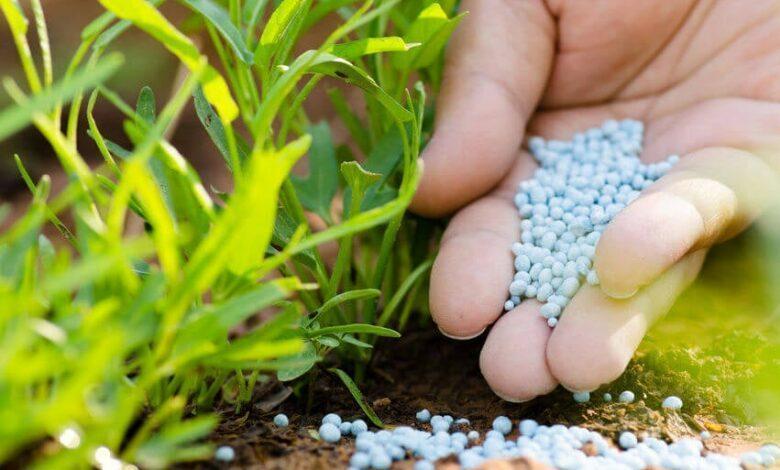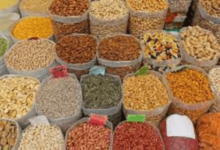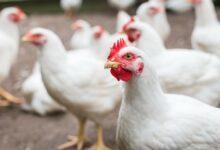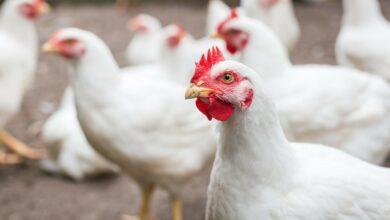
15 Best Fertilizer for Rice in Nigeria
Best Fertilizer for Rice in Nigeria – Rice, a staple food crop in Nigeria, requires careful nurturing and the right combination of nutrients for optimal production. There is a wide array of fertilizers available in the Nigerian market, each with its unique benefits and limitations. This article critically analyzes the 15 best fertilizers for rice cultivation in Nigeria. Information Guide Nigeria
Read Also: How To Start Fertilizer Business In Nigeria
👉 Relocate to Canada Today!
Live, Study and Work in Canada. No Payment is Required! Hurry Now click here to Apply >> Immigrate to CanadaThe 15 Best Fertilizer for Rice in Nigeria are:
1. NPK 15-15-15:
This balanced fertilizer has equal parts Nitrogen, Phosphorus, and Potassium. It’s a popular choice for rice farming as it offers a well-rounded nutrient composition. However, its one-size-fits-all approach is a major drawback. Not all soils have the same nutrient requirements, and this fertilizer may not meet location-specific nutrient needs.
2. NPK 20-10-10:
This blend has a higher Nitrogen content, supporting lush vegetative growth. However, its reduced proportions of Phosphorous and Potassium may limit root development and grain formation, respectively.Best Fertilizer for Rice
3. Urea (46-0-0):
Urea provides a high Nitrogen content, promoting healthy vegetative growth. It’s economical and widely available. The downside is its lack of Phosphorous and Potassium. Without these, plants may suffer from stunted growth and low yield.
Read Also: 15 Best Local Feed for Catfish in Nigeria
4. Ammonium Sulphate (21-0-0):
This fertilizer provides a good amount of Nitrogen, alongside Sulphur, which aids proteiBest Fertilizer for Rice in n synthesis. Its limitation, however, lies in the absence of Phosphorus and Potassium.10 Factors Affecting Climate In Nigeria
5. NPK 27-13-13:
With a high Nitrogen concentration and decent levels of Phosphorus and Potassium, this fertilizer is suitable for areas with Nitrogen-deficient soils. Its drawback is that it may result in nutrient imbalance in soils already rich in Nitrogen.10 Factors Affecting Development In Nigeria
6. Single Super Phosphate (0-20-0):
This is an excellent source of Phosphorus, supporting root development and energy transfer. But, it’s not beneficial for soils with adequate Phosphorus levels, and its lack of Nitrogen and Potassium is a concern.NYSC Portal
7. Muriate of Potash (0-0-60):
It’s a potent source of Potassium, which enhances water use efficiency and disease resistance. However, its lack of Nitrogen and Phosphorus makes it unsuitable as a standalone fertilizer.
👉 Relocate to Canada Today!
Live, Study and Work in Canada. No Payment is Required! Hurry Now click here to Apply >> Immigrate to CanadaRead Also: 9 Factors Affecting Fish Farming in Nigeria
8. NPK 17-17-17:
This formulation provides a balanced nutrient supply. However, like NPK 15-15-15, it assumes a uniform soil nutrient requirement, which might not always be the case.JAMB Portal
9. NPK 12-12-17 + 2MgO:
This fertilizer adds a twist with Magnesium, which aids chlorophyll production. Its downside is the relatively low Nitrogen content, which may not suffice for Nitrogen-hungry crops like rice.
10. Calcium Ammonium Nitrate (26-0-0):
A great source of Nitrogen with added Calcium. This could boost soil pH, but it’s unsuitable for soils that already have high pH or sufficient Calcium levels.JAMB Result
11. NPK 15-15-15 + TE:
This variant includes trace elements, offering more comprehensive nutrition. The downside is its higher cost and, like its simpler counterpart, it may not suit all soils.
Read Also: 5 Problems Facing Livestock Farming In Nigeria
12. Diammonium Phosphate (18-46-0):
With its high Phosphorus content, it’s great for root development. But, the lack of Potassium is a major drawback.200 romantic love message for her
13. NPK 14-23-14:
This balanced fertilizer is suitable for the early growth phase, promoting root development. However, it might not supply enough Nitrogen for the later vegetative phase.
14. NPK 20-5-20:
With high Nitrogen and Potassium content, this formulation supports robust vegetative growth and grain formation. Its relatively low Phosphorus content is a limitation, however.105 good morning messages
15. Organic Fertilizers:
Composts, manures, and other organic fertilizers improve soil structure and fertility over the long term. However, nutrient levels are often inconsistent and might not provide the immediate nutrient supply that chemical fertilizers do.
Read Also: 15 Best Ministry to Work in Nigeria
Conclusion
Choosing the right fertilizer for rice cultivation in Nigeria is not a straightforward process. It requires a careful understanding of the soil composition and the specific nutrient requirements of the crop at different growth stages. A blend of organic and inorganic fertilizers, based on these factors, often proves to be the best strategy.
Check JAMB RESULT
Check and Confirm: How much is Dollar to Naira





